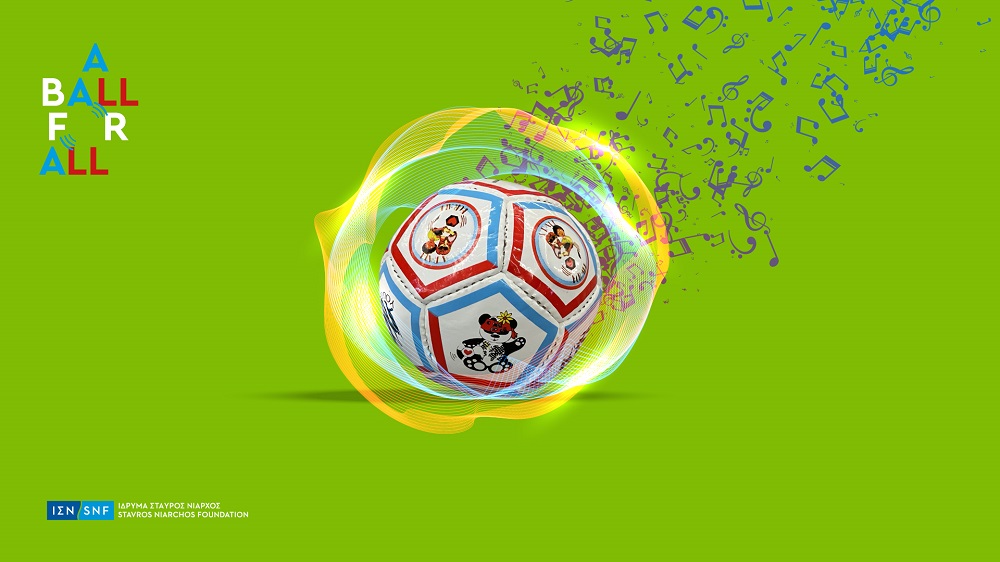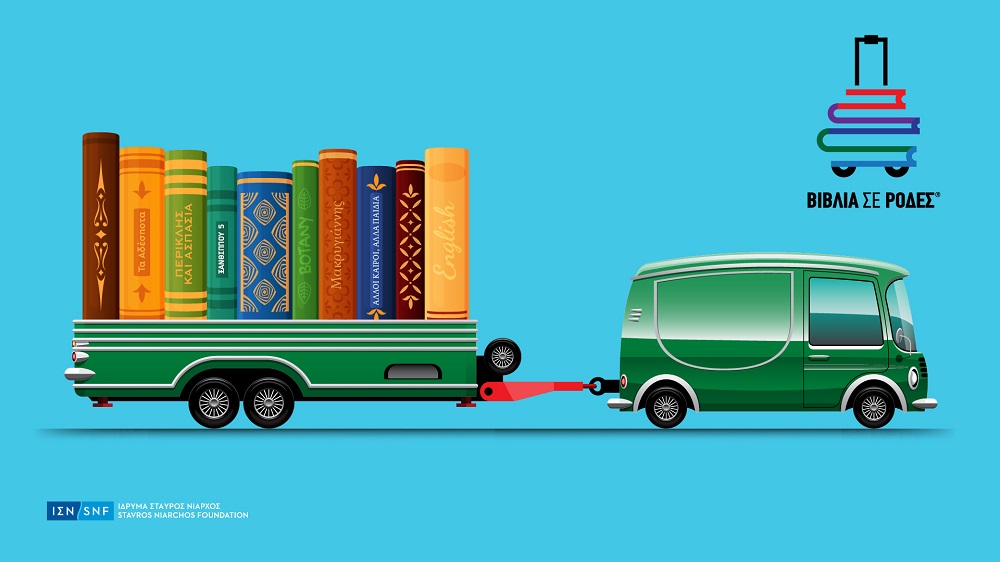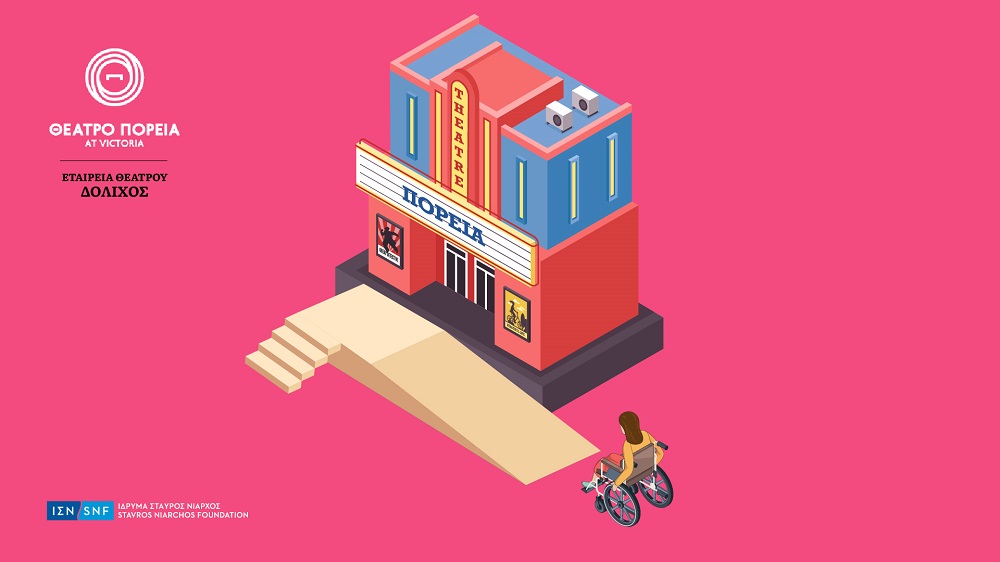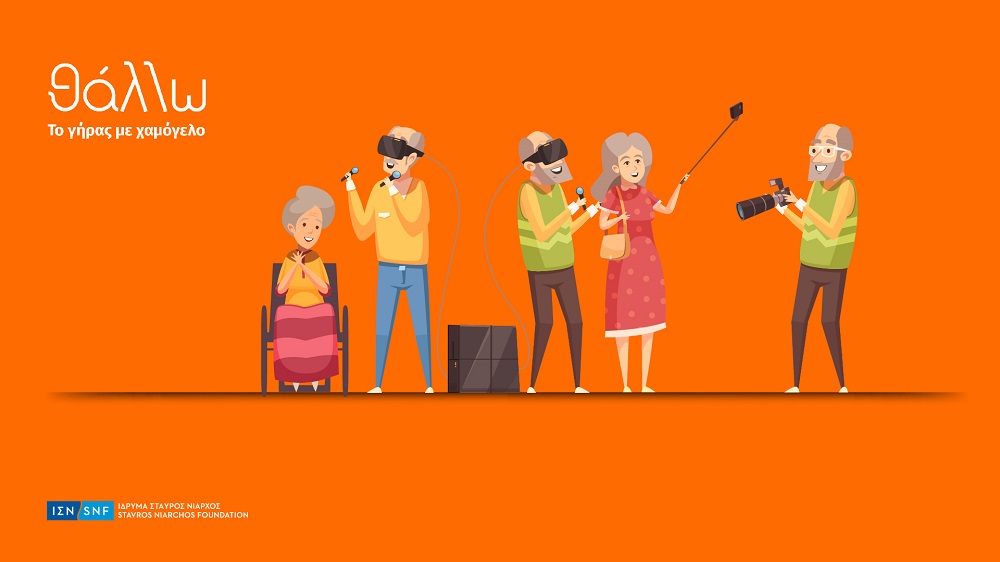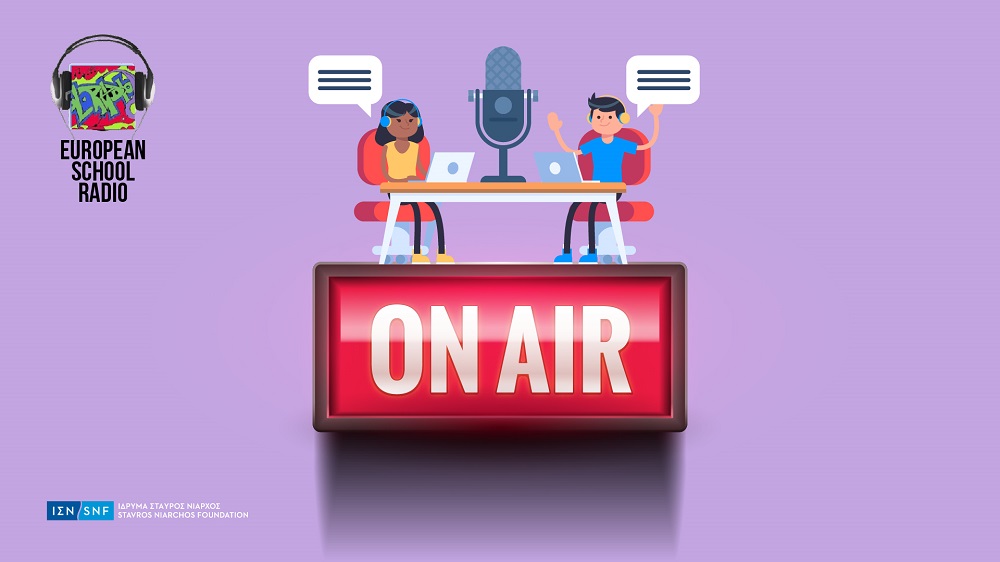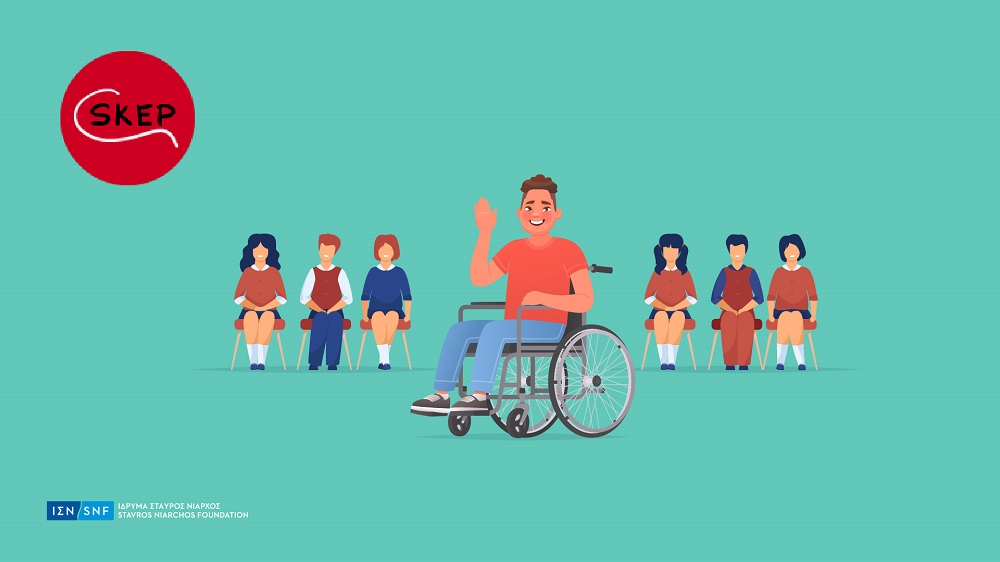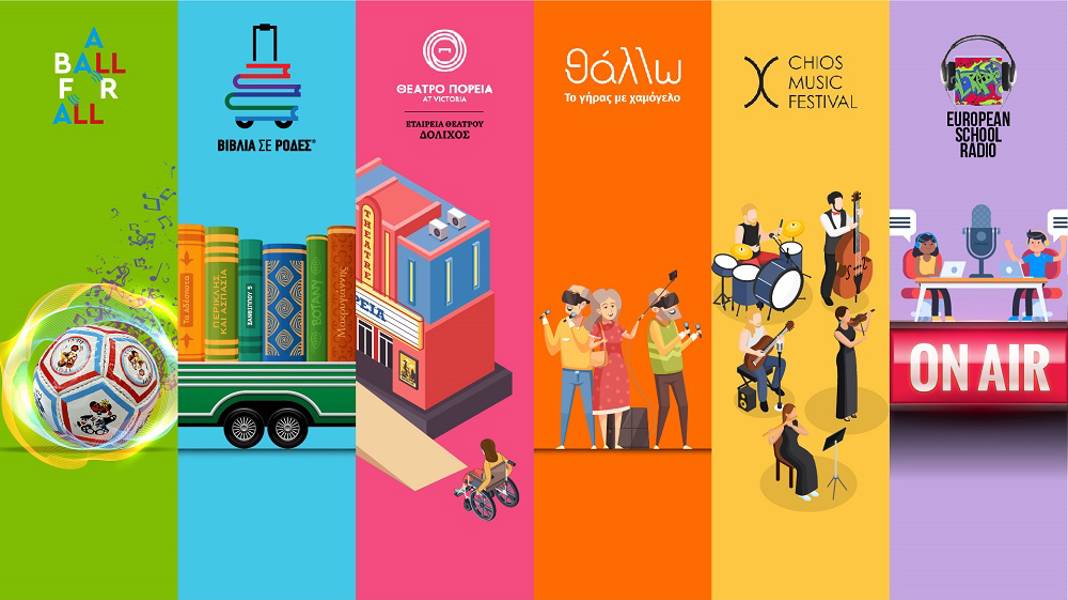
SNF partners give simple ideas big impact
But with the right perspective, an everyday object like a ball can become something extraordinary—a means for improving everyday life by creating opportunity, changing attitudes, and transforming mindsets. Stavros Niarchos Foundation (SNF) grantee-partners are bringing fresh perspective to fundamental challenges with simple but powerful ideas.
A lightweight soccer ball with bells inside has enabled kids with visual impairments to do something that once might have seemed impossible: play soccer with their friends. For kids who are unable to borrow books because there is no library at their school, a mobile library comes to them. A simple intervention for the addition of a ramp and a lift at a theater enables people with mobility difficulties to attend performances.
The impact of some of these simple, powerful ideas is not always readily quantifiable, in part because the effects can be so individual and personal. And in some cases, mountain-sized changes are built an inch at a time. But since SNF’s earliest days, we have sought to support this sort of hidden-in-plain-sight solutions through our grantmaking.
Oftentimes, behind these ideas is small groups of dedicated individuals. One such example is Notis and Konstantina, the team at thāllo who developed a methodology to engage older adults in creative and social programming, which they implement in eldercare homes to make the days they visit lively and exciting. Another is the two Berlin-based artists from the island of Chios, Olga and Lefteris, who decided to do something for the arts on their home island. The Chios Music Festival launched in 2017 and has since become an institution, offering a rich artistic program and educational activities for refugee children.
Some of these small-but-mighty ideas are gradually changing entrenched perceptions. How can we make inclusion of people of all abilities the universal norm? A straightforward solution was put into practice by the Association of Social Responsibility for Children and Youth (SKEP), through a program implemented in schools across Greece that brings students together with people with disabilities to talk openly and answer questions about disability. “Panagiotis can do all the things that we can, but in a different way,” wrote one of the participants after a conversation with him. And just as conversation can shift perceptions, equipment can let young people’s voices be heard on issues usually reserved for adult commenters.
When you hear them, these solutions all seem to just make sense. That’s the hallmark of a simple idea with big potential: once it’s been enacted, it seems obvious.
